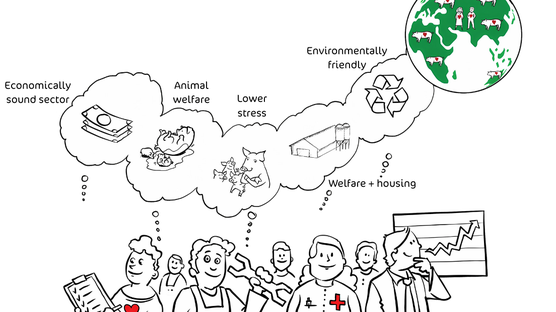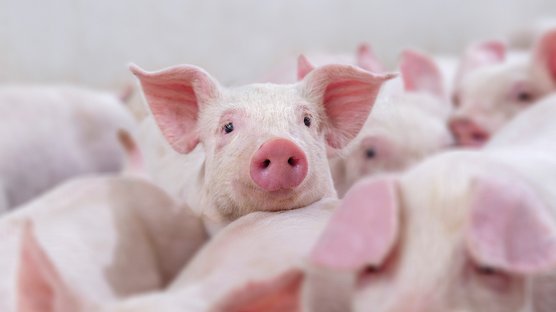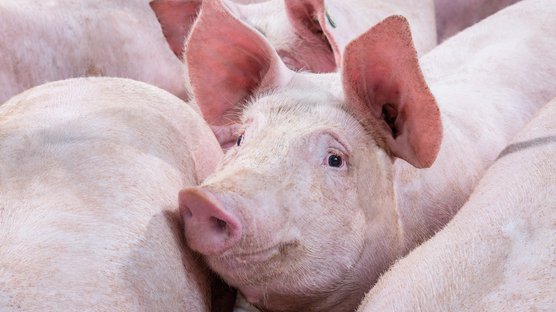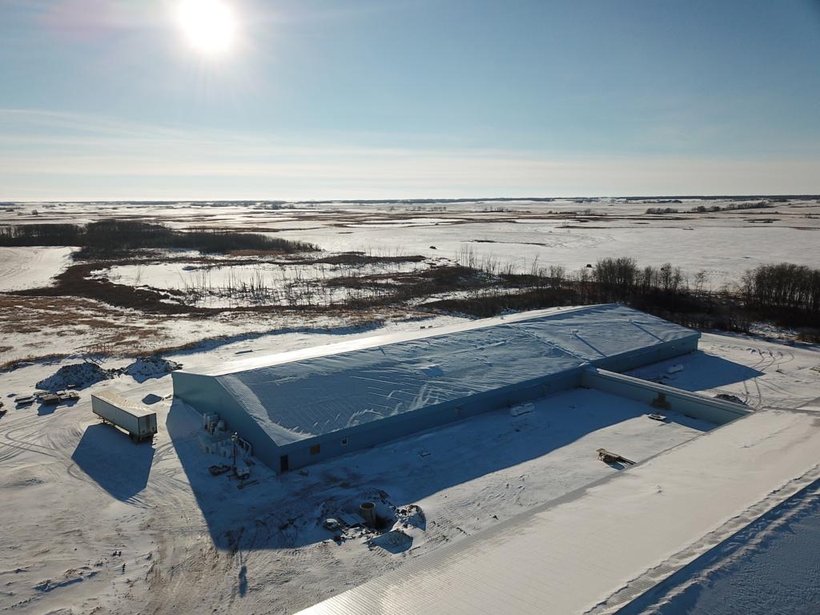
Published on May 28, 2019
“Safety First” is Bottom Line for Nucleus Farm
As any pork producer knows, keeping safety top of mind is good for the bottom line. That philosophy is shared by the rebuilt Bon Accord nucleus facility in Ituna, Saskatchewan, and it guides what they do and how they do it. The 1200 sow farrow-to-finish operation boasts cutting edge technology and equipment, but it’s the focus on biosecurity that really sets it apart.
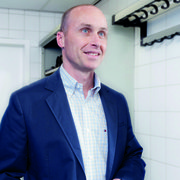
The biosecurity features and procedures are how we confirm our health status, and that is critical from a genetic point of view for a nucleus farm. We are making genetic progress here, and we can only do that if animals are able to express their genetic potential.
As well, the animals at Bon Accord are ideal for export. Most countries are very protective when it comes to disease, so any pigs they import must be free from a long list of pathogens. A company could have the best animal in the world, but if it doesn’t have the right health status, many countries simply won’t let it in.
In spite of all the safeguards at Bon Accord, they are always trying to do more. The plan is for every vehicle approaching the farm to undergo an infection check, and a new heated building is in the works to facilitate truck disinfection in the winter.
“A lot of people think disease is less of a threat in the winter as nothing survives in the cold, but low temperatures are actually the best insulation to preserve a pathogen. This heated building reinforces our commitment to high health.”
The long term plan also aims to include a small feed mill on the outskirts of the location to completely eliminate risks from feed trucks and give operators control of the raw material.
Of course, no undertaking by Hypor is even begun unless it supports Total System Profitability, and Bon Accord does just that. Protecting Bon Accord’s high health status reduces the quantity and overall costs of vaccinations, as they are only done to prepare animals for shipping out. For clients, healthy animals mean better feed conversion and lower feed costs, which are the main driver of cost of production. There is also a benefit to society as a whole, since greater biosecurity should lessen the need for antibiotics.
“It is one thing to start with a high health status, but it’s another to maintain it. The world is small, with people coming to Canada from all over the world. We need to consider that culling is the old way of dealing with widespread disease. Threats like PED and ASF don’t have vaccines, so the only thing you can do is keep them out, and that comes down to biosecurity.”
Adding to the benefit for producers is that practices at Bon Accord become the gold standard to be shared with Hypor clients. The company will continue evaluating and adapting those practices to maintain the standard while communicating enhancements to industry. In that way, farms like Bon Accord generate internal knowledge that improves Hypor’s biosecurity and does the same for customers.

People in regular pig production may think we are crazy for our constant focus on biosecurity, but places like Bon Accord don’t compare to normal production. We live in a time of extreme disease threats, so we need extreme measures to protect our high health status, maintain our exports and safeguard our client’s bottom line.

